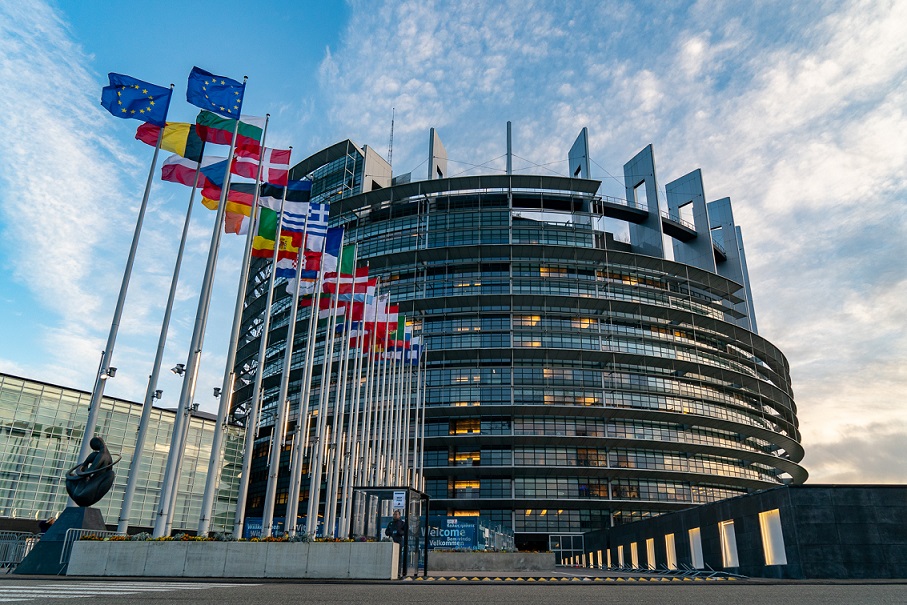EU Lawmakers Approve Penalties Including Imprisonment, Fines for Environmental Crimes

The European Parliament announced that it has adopted new rules on environmentalEnvironmental criteria consider how a company performs as a steward of nature. More crimes and related sanctions aimed at strengthening ecosystem protection, including expanding the list of criminal environmentalEnvironmental criteria consider how a company performs as a steward of nature. More offences, and harmonized sanctions including fines and imprisonment.
The new directive, which was approved by MEPs in a 499 – 100 vote, will now proceed to enter into force, with EU member states given two years to integrate the rules into their national systems.
The passage of the new directive follows the introduction of a proposal by the European Commission in 2021 aimed at strengthening environmentalEnvironmental criteria consider how a company performs as a steward of nature. More protection and addressing the rise in environmentalEnvironmental criteria consider how a company performs as a steward of nature. More criminal offences, with environmentalEnvironmental criteria consider how a company performs as a steward of nature. More crimes representing the fourth largest criminal activity globally, according to the Commission.
New acts that are considered criminal offences under the new directive include illegal timber trade, depletion of water resources, import and use of mercury and fluorinated greenhouse gases, the import of invasive species, and pollution caused by ships.
The new rules also include stricter sanctions for “qualified offences” that cause the destruction of an ecosystem or habitat within a protected site, such as large-scale forest fires or widespread damage to air, soil or water quality.
Under the new directive, individuals and company representatives committing environmentalEnvironmental criteria consider how a company performs as a steward of nature. More crimes could face imprisonment, depending on the extent and severity of the damage caused, with qualified offences punishable with eight years, offences causing the death of a person with ten years, and other crimes with up to five years.
For companies, fines under the new directive will reach 3% or 5% of annual worldwide revenue, or alternatively €24 or €40 million, depending on the nature of the crime, and all offenders would be required to compensate for the damaged environment and reinstate it.
Following the approval of the new directive, European Parliament rapporteur Antonius Manders (EPP, NL) said:
“It is about time we fought cross-border crimes at the EU level with harmonised and dissuasive sanctions to prevent new environmentalEnvironmental criteria consider how a company performs as a steward of nature. More crimes. Under this agreement, polluters will pay. What is more, it is a major step in the right direction that any person in a leading position at a company responsible for polluting can be held liable as well the business itself. With the introduction of a duty of care, there is no where else to hide behind permits or legislative loopholes.”